Upcoming Events
Belonging in Higher Education
We are delighted to announce two upcoming sessions with Dr Jonathan Vincent Lecturer in Educational Research at Lancaster University, on Tuesday, the 9th of September in Moylish and Wednesday the 10th in Athlone.
Dr Jonathan Vincent
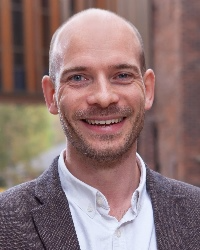
Dr Jonathan Vincent is a lecturer in Educational Research at Lancaster University. He is Programme Director for the MA in Education and Social Justice and Director for Internationalisation. His research largely focuses on the nature and experience of life course transitions for neurodivergent/disabled learners, with particular emphases on inclusive education and employment. He is also interested in how belonging in higher education is theorised and experienced by disabled staff and students. Jonathan recently provided oral evidence to the House of Lords Autism Act 2009 Committee and has also provided expert evidence to government ministries and departments in Malta, Indonesia, and Australia. He is principal investigator on a range of funded projects in the UK and internationally, including some in Indonesia, Malaysia, and Uganda. Jonathan has published widely in high impact journals across various research fields including higher education, psychology, disability studies, legal education, and medical education and is Editor-in-Chief for the SAGE journal, Research in Education.
Session Details
- Main Session
Title: ‘ In between belonging in higher education: what, who, where, and when for institutions.’
This talk will centre on the concept of belonging in higher education, identifying it as an increasingly prevalent and powerful concept but one that is largely contestable. Through opening up what we mean by belonging – and its in between spaces – we are in a better position to consider when it is most vital; where it might operate within institutions; and, ultimately, for whom it is most important. Drawing on both theoretical and empirical work, this talk will stimulate discussions for colleagues to consider what belonging at The Technological University of the Shannon means for staff and students and catalyse planning for future.
- Dis-Ability & Allies Staff Network Session
Title: ‘I’m just the nuisance crip’: flows of un/belonging for disabled staff and PGR students.’
This talk will centre on the concept of belonging in higher education, identifying it as an increasingly prevalent and powerful concept but one that is largely contestable. By drawing on empirical qualitative data offered by disabled staff and disabled PhD students from across the UK, it aims to generate vital reflections and dialogue about the nature of belonging in universities, including its affective, relational, temporal-spatial, and political dimensions. Based on these, we will consider the conceptual worth and practical potential of un/belonging for disabled members of higher education institutions, including The Technological University of the Shannon.
Register HereDr Vincent will also host two PhD information sessions for staff who wish to avail of the opportunity to complete one of four PhD programmes at Lancaster University.
The Centre for Pedagogical Innovation and Development (CPID) have developed a partnership with the Department of Educational Research at Lancaster University to provide opportunities for TUS staff to complete one of their PhD programmes. The partnership aims to build closer links between Lancaster University and TUS in both teaching and research. It will also provide the potential for developing further collaboration between the Department of Educational Research at Lancaster University, CPID, the TUS Graduate School and the TUS Research Office. This will include capacity building and engagement on collaborative research projects. It will also provide further opportunities for staff mobility and visiting scholars.
The four doctoral programme currently on offer are
- Doctoral Programme in Education and Social Justice.
- Doctoral Programme in Higher Education Research and Evaluation.
- Doctoral Programme in Educational Research (DPER).
- Doctoral Programme in E-Research and Technology Enhanced Learning.
Schedule
Please click on the image below to view and download the schedule.
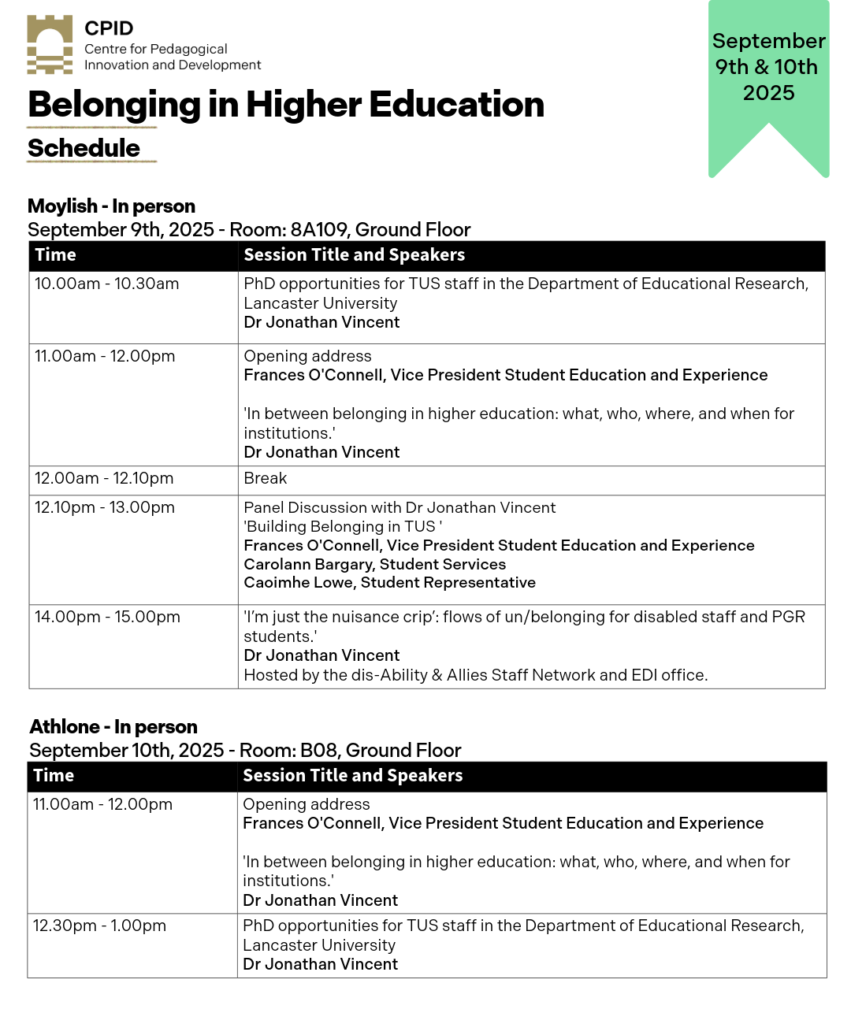
Previous Events
Shaping the Future of Immersive Technology in Education and Training Symposium
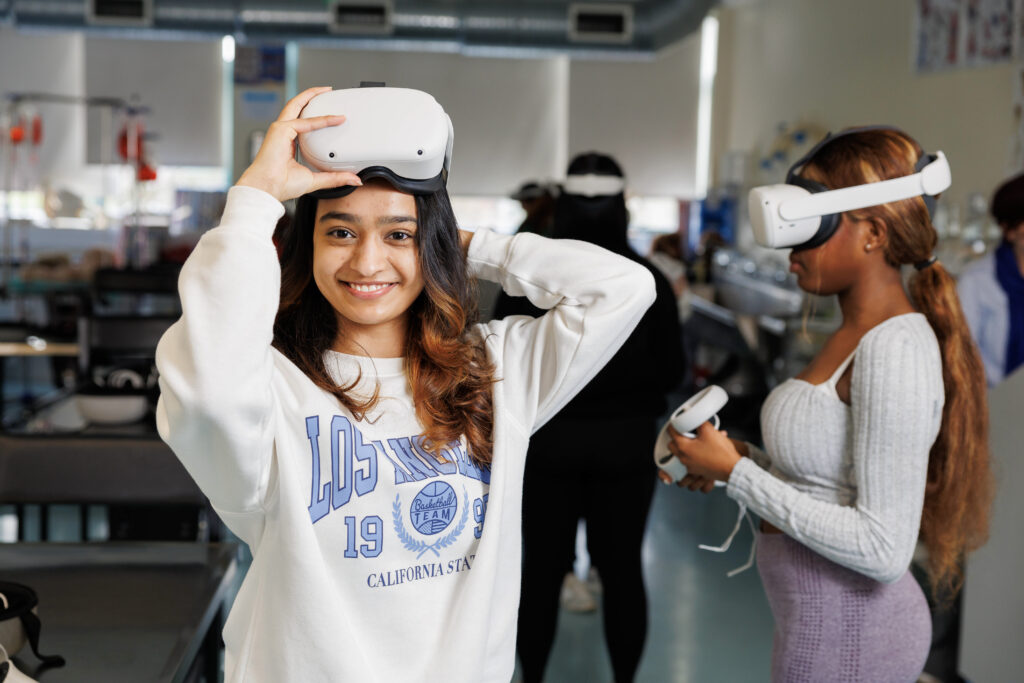
Date: Wednesday 14 May 2025
Time: 9:00 – 16.30
Location: TUS Athlone Campus
This one-day, in-person symposium brings together educators, researchers, industry partners and learners to explore the current and future potential of extended reality (XR) applications within an education and training context.
Immersive experiences in augmented and virtual reality are becoming more accessible to a wider audience, and this symposium invites participants to join the conversation on May 14th in the Technological University of the Shannon (TUS), Athlone Campus.
Designed to bring together the community of XR users, this event will provide participants with a platform to share experiences, strengthen existing networks and create new partnerships to grow the XR education and training sector in Ireland.
Contributions are invited from educators, researchers and industry partners on how immersive experiences are changing the face of simulation-based education and training and providing learners with experiential learning opportunities.
We welcome all submissions on the topic of immersive technologies in education and training that address, but are not limited to, the following subthemes:
- The design and/or implementation of tools for immersive learning /experiences
- Case studies and/or disciplinary approaches to embedding immersive experiences
- Theoretical perspectives on immersive experiences
- Multimodal literacies and immersive learning
- Cross-cultural and inclusive approaches to immersive education
- The application of XR technology in a training context in industry
Keynote Speaker
Professor Chris Headleand, Head of Games Design and Technology Department, University of Staffordshire, UK
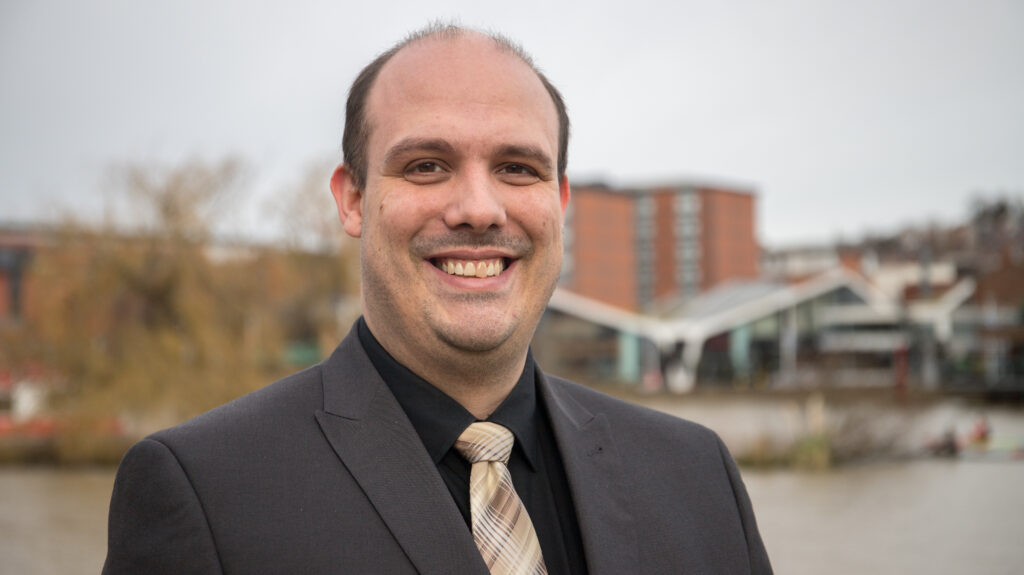
Professor Christopher Headleand is a Computing and Video Games academic with over 20 years’ experience in a variety of teaching and learning roles. He is internationally recognised as an expert in student engagement and was awarded a prestigious National Teaching Fellowship in 2021. His research focuses on Virtual Reality, Visualisation, and Serious Games and we are honored to have him share his insights with us.
Keynote Title: Beyond the Headset: A Future for immersive Technologies in Education.
Programme schedule
Please click on the following link to view and download the programme schedule, Shaping the Future of Immersive Technology in Education and Training, May 14th
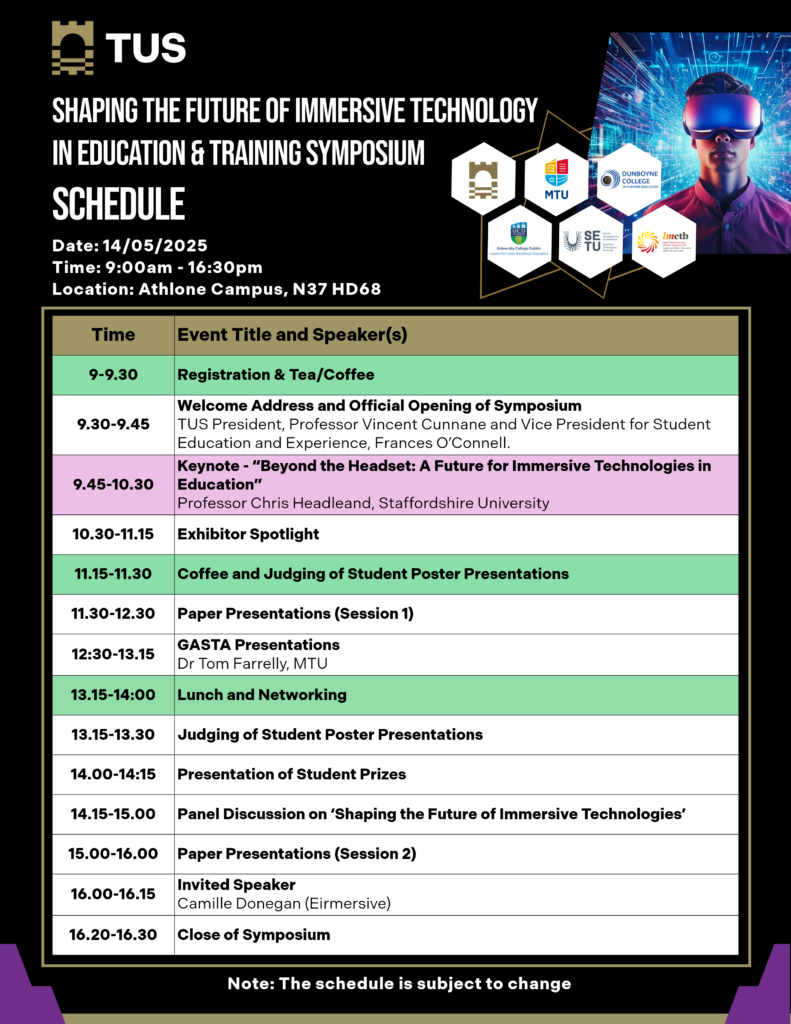
Symposium Information
#EduXr25 invites interested parties to submit a 300-500 word abstract (pdf only) (No reference list required)
Deadline: Extended to April, 30th
Submission: via the EasyChair submission link above
Please select appropriate type of abstract when submitting:
Research Track: Presentation on ongoing research projects and how they inform current thinking on XR for immersive education.
Education and Training/Learner Practitioner Track: Details of XR education and training in practice.
Student Competition: See below for guidance
GASTA: Presentations to be included for the 5-minute lightening talk sessions (GASTA), should be submitted directly to eduxr25@easychair.org
All submitted abstracts will go through an anonymous peer-review process and successful submissions will be included in a book of abstracts.
In addition to the traditional presentation formats, the Symposium will also include a Student Competition. Final year students in disciplines related to XR e.g. Software Design for Virtual Reality, Immersive Technologies, Game Art Design, Creative Media, Animation are invited to present their end of year projects at the symposium. There are three categories for the competition:
- Best social impact project: this category focuses on how individuals and communities learn, work, connect, and interact. It includes education, healthcare, and takes note of the Sustainable Development Goals.
- Best technical innovation project- this category focuses on technical innovativeness in creating the project, and includes the functionality, performance, and user experience of immersive systems.
- Best aesthetic production project– this category focuses on the design that shapes the emotional experience of the user. The aesthetic quality directly impacts how immersive a VR/AR experience feels and plays a vital role in achieving engagement and a sense of presence.
Submissions from further education, higher education undergraduate and higher education postgraduate students are welcome. Each category will include a winner and a runner-up. The judging panel will include academic and industry experts, and the prizes will be presented to the winners at the end of the symposium.
Students are invited to submit a 300-500 word description of their project using the EasyChair submission link above.
Programme Co-Chairs
Dr Geraldine McDermott (TUS)
Dr Zeta Dooly (SETU)
Dr Rachel Farrell (UCD)
Catherine Fox (Dunboyne College of Further Education)
Kelvin Harvey (Louth and Meath Education and Training Board)
Hans Moolman (MTU)
Brendan Dolan
Ruth Benson
Caroline Doyle
Lory Russo
Paul Keating
Dr Trevor Prendergast
Assumpta Byrne
Anthony Connor
Liam Kidney
Contact Information
For more information please contact eduxr25@easychair.org
Sponsors

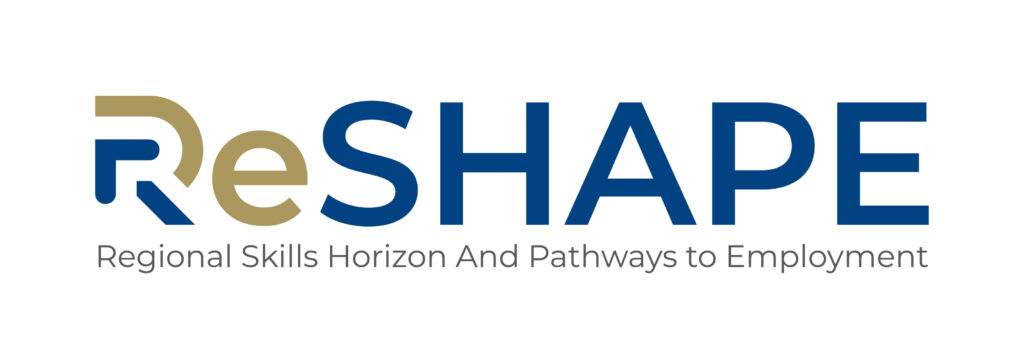

ReSHAPE is co-funded by the Government of Ireland and the European Union through the EU Just Transition Fund Programme 2021-2027
SI-PASS Training
The European Centre for SI-PASS (Lund University), partnering with UK consultants is pleased to offer an in-person comprehensive SI-PASS Supervisor Training course from the 10th – 12th June 2025 in Athlone.
Fees
The training costs approximately €1,100 and includes supervisor training, lunch and two tea/coffee breaks on each day of training, training materials and ongoing support (invitations to regular online discussion sessions, invitation to be a member of the European SI-PASS community and shared SI-PASS resources).
The training will focus on:
- Procedures for selecting subjects or modules to implement SI-PASS
- Roles of supervisor, academic staff, administrative staff and leaders
- Selecting, training and supporting student leaders
- Effective learning strategies and session activities
- Evaluation and funding
What attending participants have said
- “A great deal gained from the sessions, including a wide range of activities and resources, a great deal of perspective from colleagues, and a renewed confidence in being able to champion a scheme. A fantastic week.”
- “Thank you so much – It was probably some of the best training I’ve ever had. Really high quality and lovely atmosphere. It was also just really useful in terms of developing other teaching type skills (beyond PASS) – so I learnt absolutely loads.”
Further Information
If you would like more information on PASS here in TUS please go to PASS – TUS
Contact Information
For queries please contact Aoife Walsh aoife.walsh@tus.ie
Meitheal Seminar Series
What is Meitheal?
“The word “meitheal” is part of ancient Irish tradition. It describes a workgroup or team that gathers and works collaboratively to support each other through a shared purpose. Culturally significant, the meitheal represents shaping and building communities.”
Professor Phillip Dawson
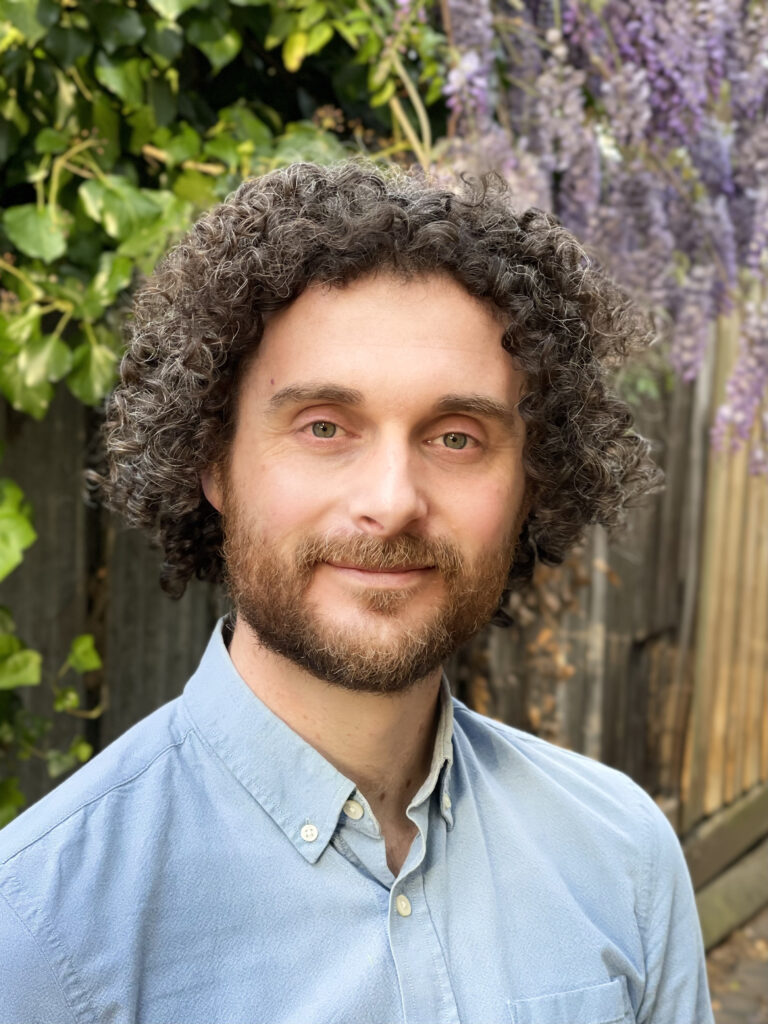
Professor Phillip (Phill) Dawson is Co-Director of the Centre for Research in Assessment and Digital Learning (CRADLE) at Deakin University. His work focuses on improving assessment while addressing integrity challenges and emerging technologies. His latest book, Defending Assessment Security in a Digital World (Routledge, 2021), examines academic integrity in a digital age. In 2024, he co-edited the Assessment & Evaluation in Higher Education special issue Challenging Cheating and published the provocative article Validity Matters More Than Cheating. His broader research spans assessment design and feedback.
Seminar Details
Date: 16th June, 2025
Location: Moylish
Time: 11am – 1 pm
Date: 17th June, 2025
Location: Athlone
Time: 11am – 1pm
Title: Where is the line? Re-thinking assessment design for a time of artificial intelligence
Artificial intelligence can now generate outputs that meet the requirements of high-stakes assessments in fields like computing, health professions, business and engineering. This has sparked concerns about students using AI inappropriately to complete tasks, misrepresenting their abilities. It also raises deeper questions about the sustainability and authenticity of current assessment practices. Students and staff are justified in asking: where is the line between acceptable and unacceptable uses of AI in assessment?
This presentation examines how assessment must evolve in response to AI. It draws on the presenter’s work as one of the leaders of Assessment Reform for a Time of Artificial Intelligence, a major Australian project funded by the national higher education regulator. As AI becomes an ever-present part of professional and academic life, how do we design assessments that both uphold integrity and prepare students for this new reality?




